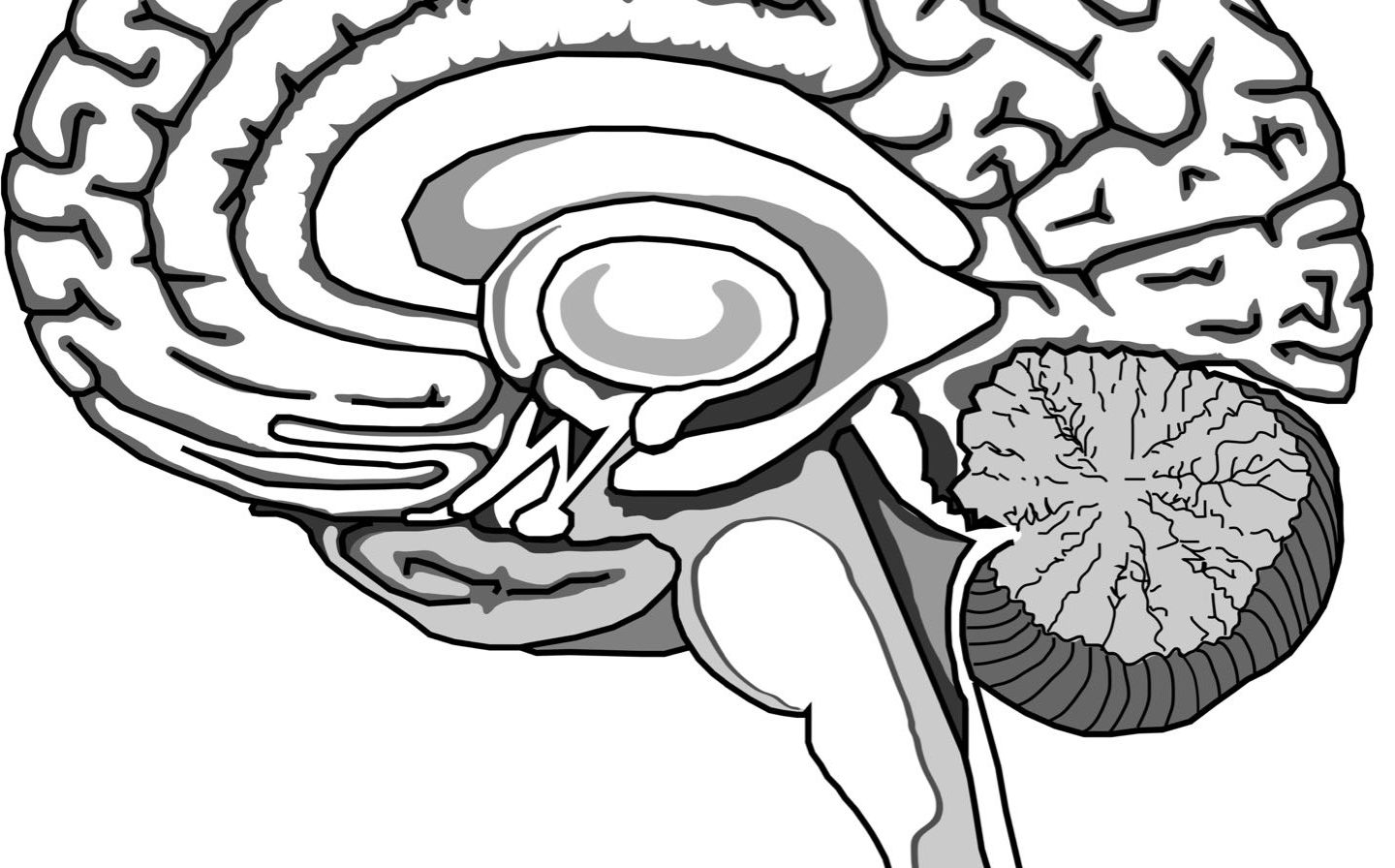The Brains blog is excited about the next Neural Mechanisms webinar this Friday. It is free. Find information about how and when to join the webinar here: https://www.neuralmechanisms.org/blog/22-march-karen-yan-webinar (and below).
Evaluating the Success of
Causal Investigative Strategies in Neurophysiology
Karen Yan (National Yang-Ming University)

22 March 2019
h 8-10 – Greenwich Mean Time
(Convert to your local time here)
Abstract.I will present a case study from neurophysiology in this paper. The case study concerns a causal question about what drives the electrical potential (a.k.a membrane or action potential) of a specific neuron. This causal question is commonly asked in molecular neuroscience and has been discussed in detail by some philosophers of neuroscience (Craver, 2007). But my case study addresses the causal question from neurophysiology, which mainly focuses on investigating the electrical properties of neurons, not their chemical or genetic properties. In this paper, I aim to use this case study to point out various puzzles in their causal investigative strategies. Having done that, I will adopt some existing philosophical tools and demonstrate how to evaluate the success of the relevant causal investigative strategies in the case study. To this end, the paper will proceed as follows. In section 2, I will present the detail of the case study by organizing them into five components. In the course of analyzing these five components, I will point out the puzzles regarding their causal investigative strategies. In section 3, I will review some existing philosophical tools for evaluating the success of investigative strategies in biological sciences. I will specifically focus on Craver and Darden (2013) and Potochnik (2017). I aim to integrate tools from these philosophers in order to propose a more powerful toolbox for evaluating the success of causal investigative strategies in neurophysiology. In section 4, I will use the proposed toolbox to demonstrate how to evaluate the success of causal investigative strategies in the case study
Join the session (up to 10 minutes before it begins) | Ask for the paper

